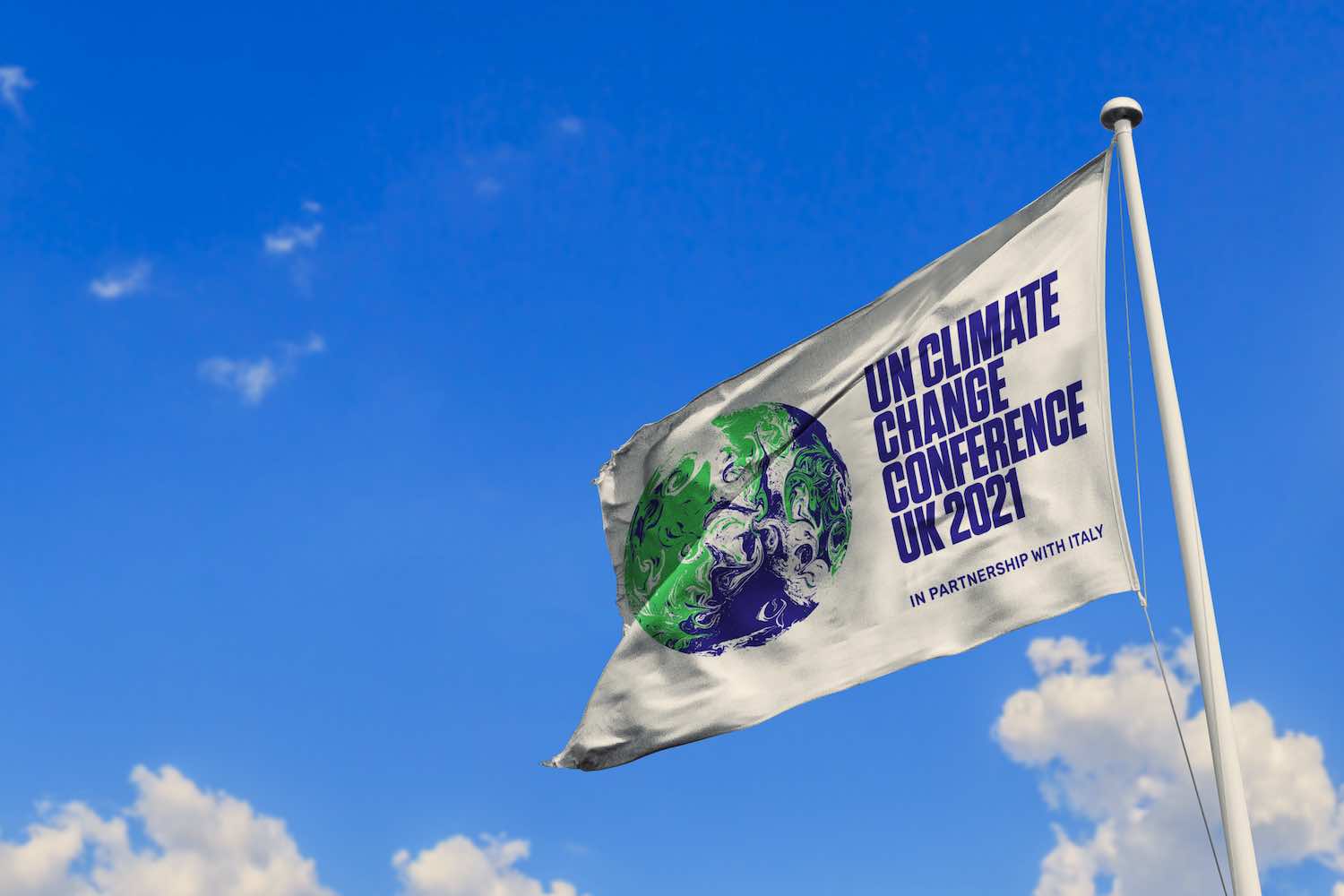ImpactAlpha, Nov. 4 – Global finance leaders tried to evoke something like John Lennon and Yoko Ono’s hopeful paean at “Finance Day” at the COP26 climate summit.
“Make no mistake: the money is now there if the world truly wants to arrest the #climatecrisis,” tweeted Mark Carney, the UN special envoy and former Bank of England governor.
Carney was touting the announcement that more than 450 banks, asset managers, pension funds and insurers, representing $130 trillion and 40% of global assets, have signed onto the Glasgow Financial Alliance for Net Zero, which Carney launched in April.
Climate activists were quick to point out that only a fraction of those assets is aligned with a net-zero trajectory today and that GFANZ signatories are still funding fossil fuel production. Some companies are simply selling off carbon-intensive businesses, which continue to operate, or offsetting emissions with carbon credits. Greta Thunberg dismissed such schemes as greenwashing.
Still, GFANZ signatories must set science-based targets to achieve net zero across their portfolios by 2050, with interim targets for 2030. And they must push their clients to green their own operations.
“For us to be net zero, it means every client has to be net zero,” said Bank of America’s Anne Finucane.
In other developments:
- Sustainability standards. A new International Sustainability Standards Board is drawing up a global baseline for sustainability and climate reporting. The International Financial Reporting Standards Foundation, which sets accounting standards for much of the world, is spearheading the effort to make it easier to assess companies’ climate commitments, and guard against greenwashing (for context, see, “Global standards for sustainability accounting must be holistic and inclusive”).
Separately, U.K. chancellor Rishi Sunak said financial firms and public companies will, by 2023, have to produce “gold standard” transition plans detailing how they will reach net zero by 2050.
- Private markets. Public companies are only half the equation. “If we don’t also focus on private companies, we will see the largest capital markets arbitrage ever,” cautioned BlackRock’s Larry Fink. “There is more movement from hydrocarbons into private hands than ever. ” He added, “That’s not net-zero. That’s greenwashing.”
Others are focusing on small and mid-sized companies. In the UK, such businesses represent 50% of the revenue, 60% of the employees, and 30% of the emissions, said NatWest Group’s Alison Rose. “So they have a really vital role to play in getting to net zero.” Small, private businesses need the tools and access to capital to finance sustainable projects, she added.
- Corporate spending. Some $125 trillion of global investment is needed to transition to a low-carbon economy and meet the goal of the Paris Agreement, including more than $30 trillion this decade, according to a report released by GFANZ. Almost three quarters of that could come from private investors.
Corporations are “potentially the largest direct investors in decarbonization projects or assets,” the report said.











